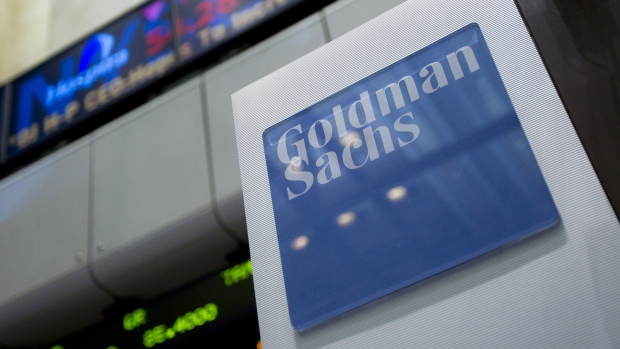Jan 16, 2019
Goldman Sachs dealmakers’ surging fees help offset trading misery
, Bloomberg News

Goldman Sachs Group Inc. (GS.N), owner of one of Wall Street’s top deal-making franchises, leaned on that business last quarter to overcome an industrywide downturn in fixed-income trading.
The firm’s merger-advisory fees jumped 56 per cent to the highest in more than a decade, lifting the investment-banking division above analysts’ estimates even as companies tempered their stock and bond issuance. The gains helped offset a dismal quarter for the bank’s fixed-income traders, who turned in the worst performance since before the financial crisis.
Chief Executive Officer David Solomon, who took over in October after having led the banking division, will try to build on the deal-making group’s success as he attempts to reshape other business lines and carries out an exhaustive review of the firm’s operations.
Shares of Goldman Sachs, up 7.7 per cent this year through Tuesday, added 3.2 per cent to US$185.73 at 7:42 a.m. in early trading in New York.
The stock dropped 34 per cent last year as investors gauged possible fallout from a multi-national corruption probe that ensnared Goldman Sachs and raised the potential of massive fines. The bank has been under scrutiny for its role in helping raise funds for the Malaysian investment fund 1MDB, money that was then allegedly plundered.
Fourth-quarter investment-banking revenue fell 5 per cent to US$2.04 billion, beating the average estimate of US$1.93 billion. Goldman earned US$1.2 billion from its advisory unit. Wall Street analysts were split over how that business would perform, with estimates ranging from about US$700 million to US$1.3 billion.
Goldman’s traders, who bring in the biggest chunk of revenue every year, turned in US$2.43 billion for the fourth quarter, compared with the average estimate of US$2.5 billion.
Goldman also highlighted a one-time tax gain of $467 million. In the last quarter of 2017, the firm took a one-time charge of US$4.4 billion related to the Trump administration’s tax overhaul.


